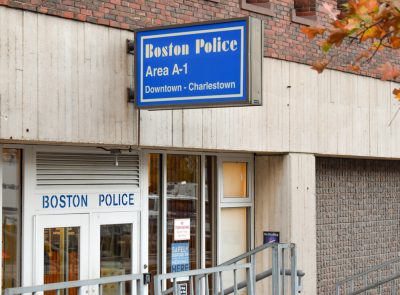
A city council meeting was held on Wednesday to discuss the Municipal Vulnerability Preparedness Program, expanding early voting access for the Nov. 7 election and the Boston Regional Intelligence Center.
A $3.4 million grant was proposed for BRIC, a BPD unit that uses video surveillance and data to monitor gang and terrorist activity. Notably, BRIC maintains Boston’s gang database.
District 1 Councilor Gabriela Coletta voted in support of the docket, but still urged for accountability in regards to the BRIC disproportionately affecting people of color.
“The BRIC has had a long history of disenfranchisement of Black and Brown individuals and criminal injustice,” Coletta said. “Over the years, there has been significant reforms done both in the organization and outside the organization through the body to have more transparency, accountability and oversight, but there still needs to be more reforms.”
Councilors Ricardo Arroyo, Ruthzee Louijeune, Julia Mejia, Kendra Lara and Brian Worrell voted “nay” on the docket proposing funding for BRIC. Councilors Micheal Flaherty, Coletta, Frank Baker, Sharon Durkan, Liz Breadon, Erin Murphy and Ed Flynn voted “aye.” With Councilor Tania Fernandes Anderson abstaining from the vote, the docket was passed.
Another grant of $330,000 was proposed for the MVP program, which would look at designs to reduce flood risk on Bennington Street in Boston and Fredericks Park, Belle Isle Avenue and Montfern Avenue in Revere.
Coletta said in her statements regarding the program that the MVP program will help some of the people in her district that are at risk of facing floods.
“I’m requesting that my colleagues consider passing this modest grant of $330,000 as we all know the urgency of climate change and the vulnerability of East Boston,” Coletta said in the meeting.
The grant was passed unanimously by all city council members.
The council also spoke on expanding early voting access for the November 2023 election. Mejia supported the docket and also stressed the importance of educating the public on their access to voting.
“There’s a lot of education that our community does not have in regards to where they are going to go to vote,” Meija said. “I think that spending and passing this with an understanding that we need to invest more to get the word out is something that I’d like to advocate for.”






















































































































